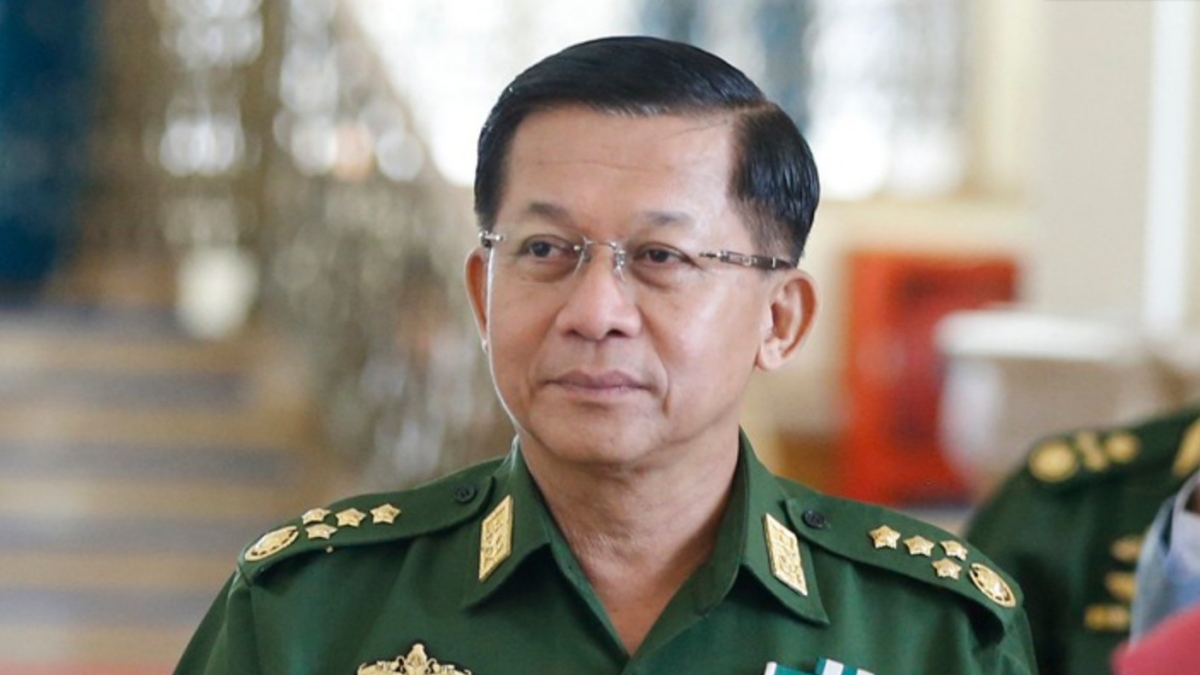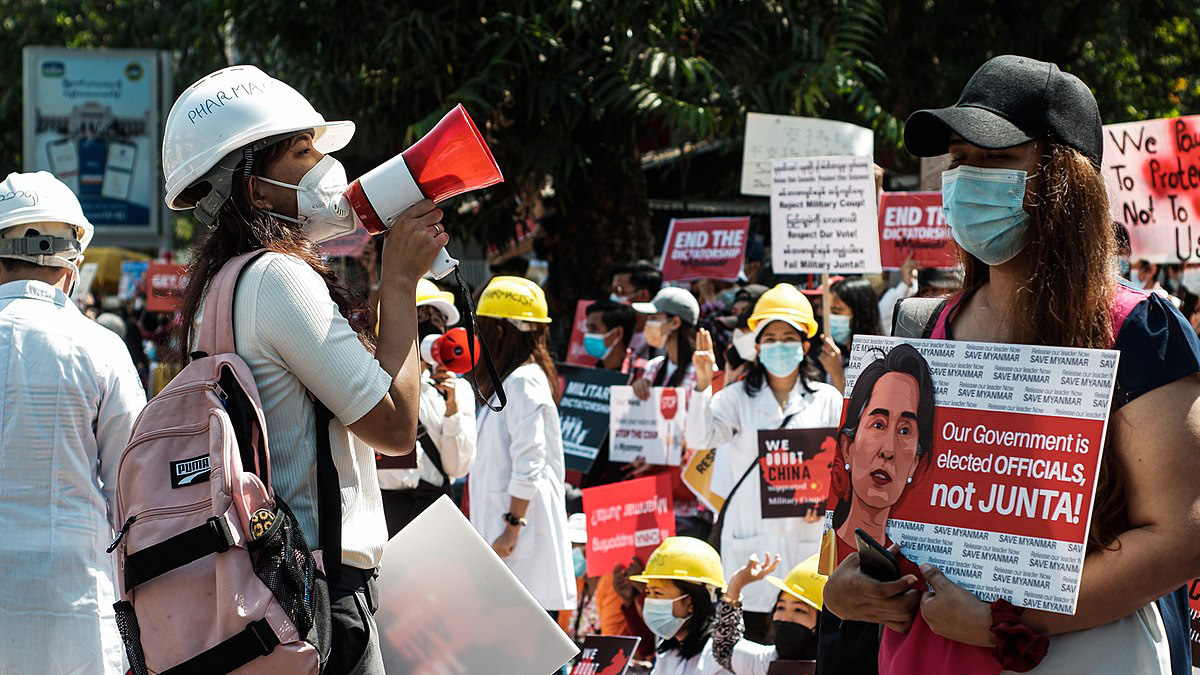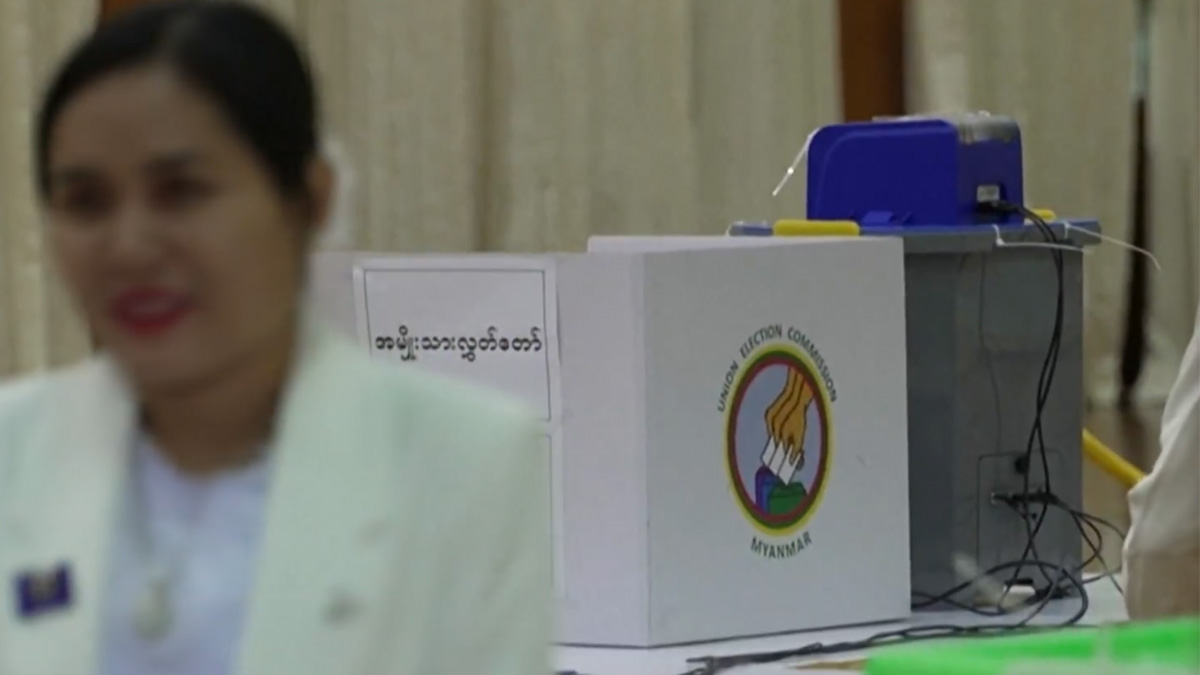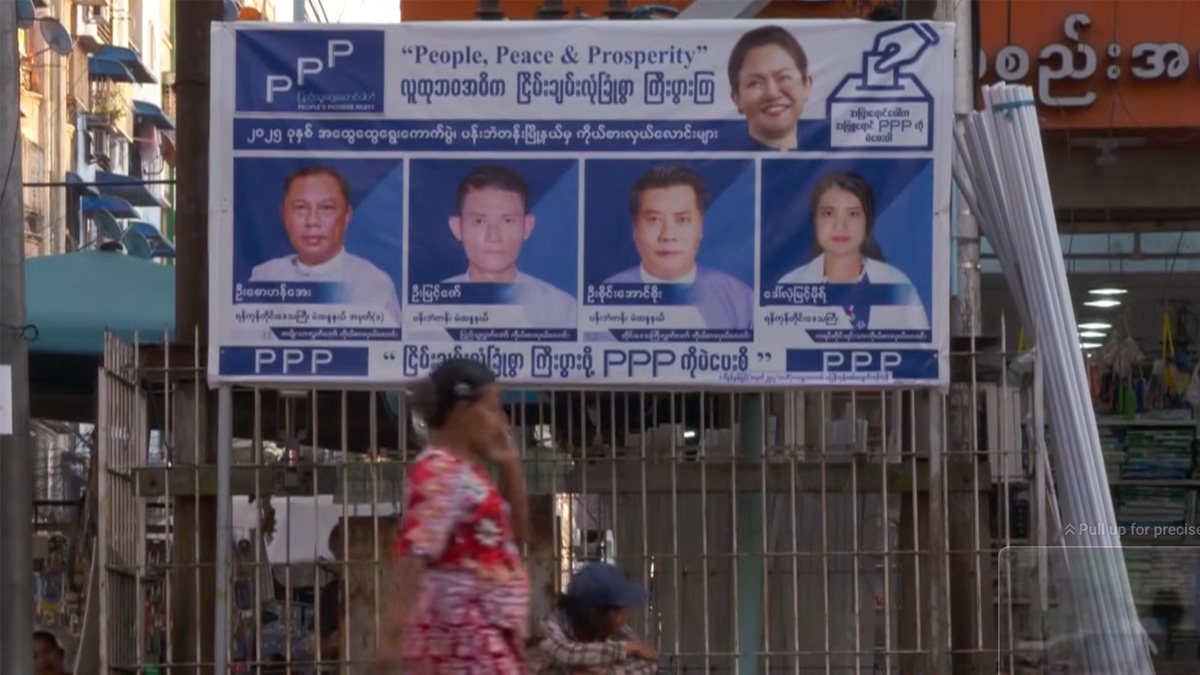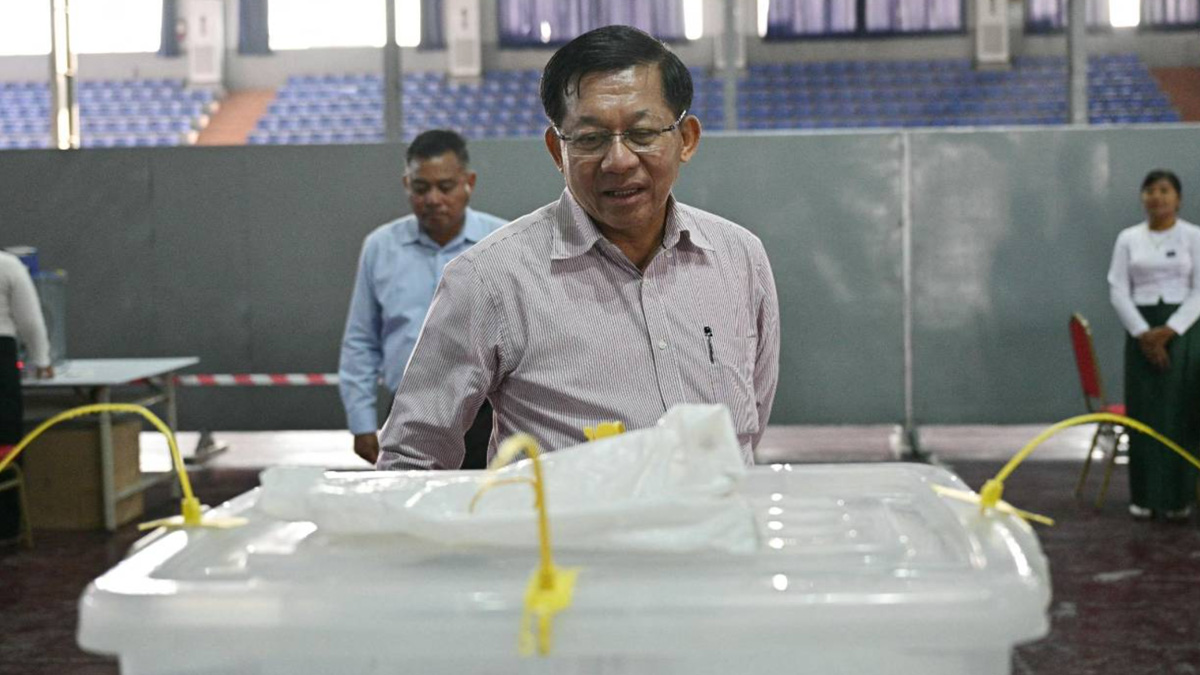SpaceX cuts over 2,500 Starlink devices at scam compounds in Myanmar amid global scrutiny
SpaceX has disabled over 2,500 Starlink satellite internet devices operating in scam compounds across Myanmar, following revelations that the technology was being misused by criminal networks. The move comes amid international crackdowns and a US congressional inquiry into Starlink’s oversight.
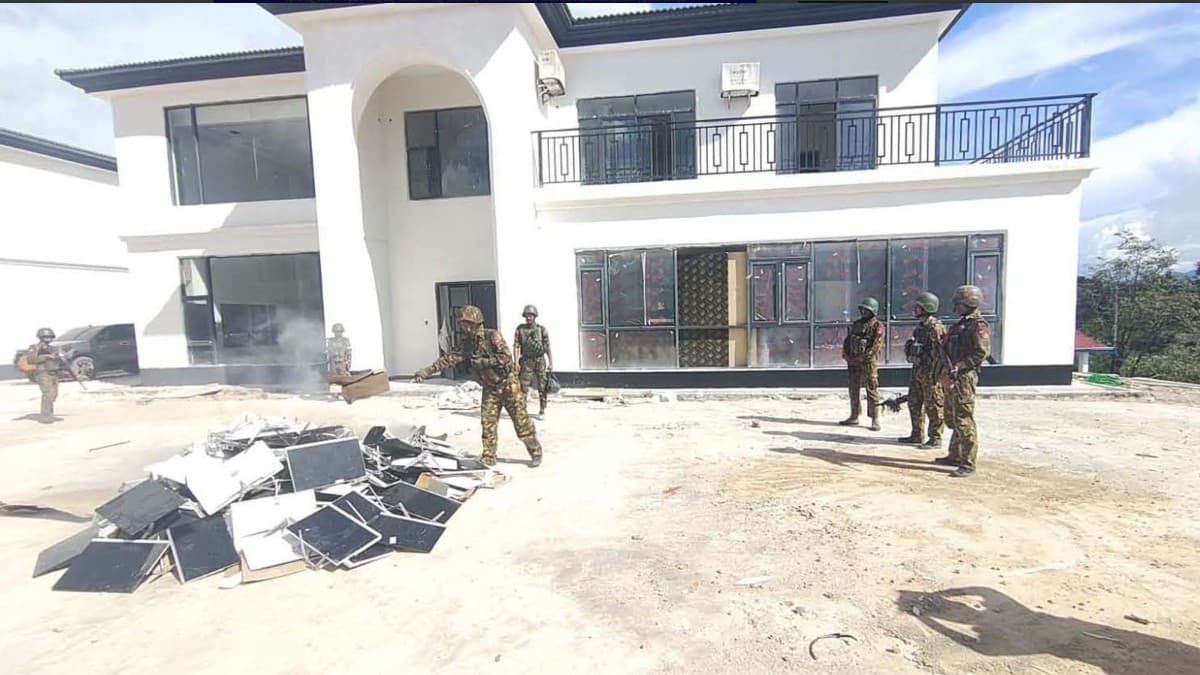
- SpaceX disabled more than 2,500 Starlink devices linked to scam centres in Myanmar, following an AFP investigation.
- Myanmar’s junta claimed to have seized 30 Starlink receivers in raids at KK Park, a hub for online fraud and trafficking.
- The US Congress has launched an inquiry into Starlink’s role in enabling transnational cybercrime.
SpaceX has cut service to more than 2,500 Starlink terminals at suspected scam compounds in Myanmar, the company’s vice-president of Starlink business operations, Lauren Dreyer, confirmed on 22 October 2025.
Dreyer stated that SpaceX had “disabled over 2,500 Starlink Kits in the vicinity of suspected scam centres,” underscoring that the company complies with local laws in all 150 markets where it operates.
She added that SpaceX “works continually to identify violations of our Acceptable Use Policy and applicable law,” noting that the company acts decisively when misuse is detected, including by cooperating with law enforcement agencies.
The move follows a detailed investigation by Agence France-Presse (AFP) that revealed a surge in Starlink devices installed on rooftops of compounds in Myanmar’s border regions.
These sites, often run by Chinese syndicates, are notorious for perpetrating online fraud and exploiting trafficked labour.
Satellite imagery reviewed by AFP showed as many as 80 Starlink dishes on a single rooftop within KK Park, a sprawling compound near the Thai border town of Mae Sot.
On 20 October, Myanmar’s ruling military announced that troops had seized 30 Starlink receivers during operations in KK Park.
The junta described the action as part of a wider campaign to dismantle transnational criminal networks.
However, rights groups and analysts criticised the move as largely symbolic, noting that the number of devices confiscated represents only a fraction of those in use.
Footage circulating on Chinese-language Telegram channels showed large numbers of workers leaving KK Park and other compounds, reportedly following intensified military raids.
Despite not being licensed in Myanmar, Starlink’s compact design and independence from national infrastructure have made it a preferred choice for criminal operators seeking to maintain internet connectivity even during power cuts or local internet shutdowns.
Analysts say the devices have become crucial tools for scam centres after Thailand implemented internet and power blockades earlier this year in an effort to disrupt their operations.
In Washington, the US Congress Joint Economic Committee has opened an inquiry into Starlink’s potential role in enabling cross-border cybercrime.
Senator Maggie Hassan, who leads the committee, has demanded answers from Elon Musk regarding SpaceX’s monitoring systems and its ability to prevent unauthorised use.
In a July letter, Hassan posed 11 questions to Musk about Starlink’s oversight mechanisms, warning that “transnational criminals halfway across the world may be perpetrating scams using Starlink internet access.”
The committee retains the authority to compel Musk to testify if necessary.
Regional governments have intensified their efforts to curb online fraud networks. In February 2024, China, Thailand, and Myanmar launched a coordinated campaign against what authorities described as “fraud factories.”
According to official reports, around 7,000 workers—mostly Chinese nationals—were rescued and repatriated from compounds during those operations. Many reported being trafficked and coerced into online scams.
Myanmar state media outlet Global New Light of Myanmar reported that troops occupied 200 buildings in KK Park, detaining 15 Chinese nationals and identifying approximately 2,200 workers allegedly involved in gambling and fraud schemes.
The United Nations Office on Drugs and Crime (UNODC) estimates that cyber scam operations across Southeast Asia defrauded victims worldwide of about US$37 billion in 2023.
UNODC has urged greater international cooperation to tackle the rapidly expanding industry, which thrives in regions of weak governance and conflict.


